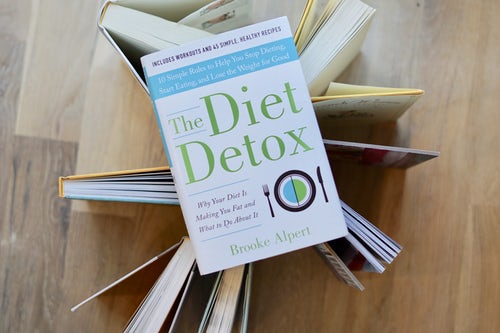As we covered in last Wednesday’s blog, Intermittent Fasting has its benefits, to be sure.
Reducing the number of carb calories ingested and forcing the brain and muscles to run on ketone bodies can reduce brain sluggishness and joint-stressing excess weight. Some medical professionals believe the protein foods eaten on a Keto diet can support thyroid health. And Intermittent Fasting is linked to keeping the body tone and supple when losing weight, rather than ending up with saggy excess skin.
But like anything, good things can be taken too far to end up being bad things. Intermittent fasting is no exception.
What happens when you decide to reduce your calorie consumption to 500 calories every day rather than follow the 5:2 plan?
Problems with excessive fasting—
Athletes can be prone to living in extremes—extreme workouts and extreme diets. For years this kind of problem has manifested itself in sports and activities like gymnastics, ice skating, and dance, where low weight is highly sought after. After all, it takes a lot to throw body weight around, and the lower the body weight the easier it is to move.
One huge problem is that low body fat often accompanies low body weight, and young girls and dancers who work to stay thin and in possession of a low body fat percentages often wreak havoc with their hormones. Amenorrhea, (cessation of menstruation; or not menstruating by the age of 15), is a condition that accompanies low body fat in girls or women. Long-distance runners can also suffer from this malady.
It takes a certain body fat percentage to become pregnant and support a pregnancy. And amenorrhea can lead to an early onset of osteoporosis, or a higher likelihood of having osteoporosis when you age.
Not having enough body fat to support hormone function messes up other body functions too.
And what about the risks of rapid weight loss?
It may seem wonderful that you’ve dropped double-digit poundage in one week rather than the recommended 1-2 pounds, but rapid weight loss can be harder on the heart than rapid weight gain.
Rapid weight loss has been shown to:
- Slow your metabolism and lead to future weight gain later.
- Weaken your immune system and make you more susceptible to illness and disease.
- Increase your dehydration risk.
- Increase cardiac stress and heart palpitations.
When thin or athletic puts a mask on body fat reality—
I used to do a lot of body fat measuring as part of my work, both in the clinic and out in the field. I’d often take my skinfold caliper to sporting events, like recreational cycling races, to measure participants’ body fat after their race. I’d always offer foot massages too, which was a godsend for some peddlers.
What I often found was that many of these people weren’t as conditioned, or as toned, as they believed they were.
Thin people were appalled to learn that their body fast percentage parked them in the unhealthy, over-fat or obese category. Big, athletic people found the same discrepancy between their perceived fitness and their actual health. When my husband took the caliper to work one day to measure his friends, they all lined up for a pinch. The skinniest member of the group—a rail-thin administrative assistance—came in at a whopping obese level. She was depressed at the revelation, to say the least.
The point is: appearance does not always equal reality—in either a highly-competitive athlete that pushes the boundaries on her body’s capabilities or a thin, sedentary person who sits in a chair in front of a computer all day to work. Or a recreational athlete who believes he can ride his bike 50 miles on a Saturday and then eat as he pleases every day of the week, and even more after the ride.
You need to know your body, select carefully, and avoid the extremes. Be as consistent as possible; don’t starve yourself for days to make up for some over-indulgent ones.
You don’t want to run the risk of making an idol out of your diet or dieting. Too often food obsession morphs into disorders like anorexia, binging, bulimia (binging and then throwing up what you’ve eaten), and extreme obsession with healthful foods and “watching” what you eat.
Take it from someone who suffered for years with an eating disorder and all the mental and physical side effects that come with it.
Intermittent Fasting is just that—intermittent fasting. Not fasting every day.
Don’t get carried away. Have a plan and work it.
And enjoy the good food God has given us for our enjoyment and health!
Until next week, when we’ll address calorie counting, and maybe worry more about your actual body fat percentage than those scale numbers and that dress or pants size.
Blessings,
Andrea
“Certainly there was an Eden….We all long for it, and we are constantly glimpsing it.” —J.R.R. Tolkien
